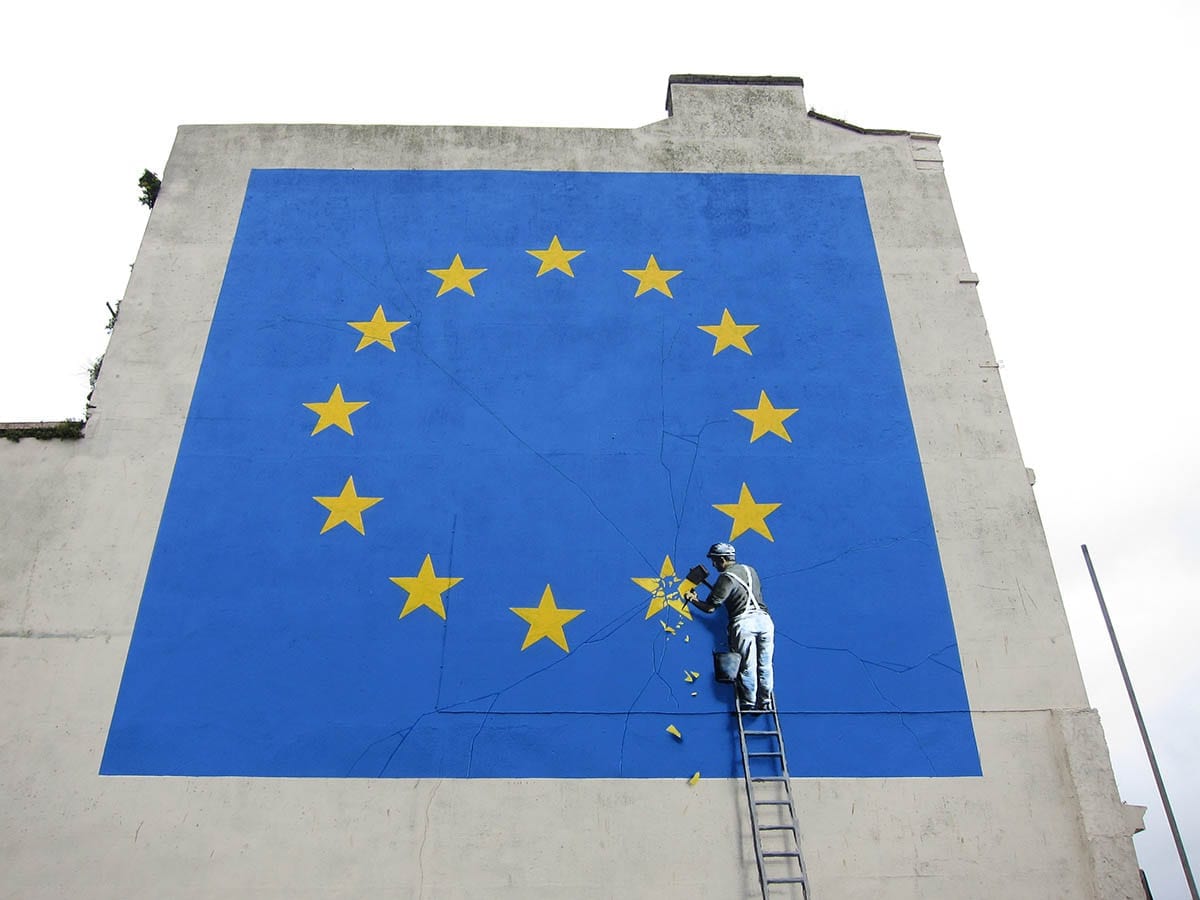
Will Brexit Benefit Human Traffickers? The Increased Risks in a Post-Brexit Europe
The British government is in deadlock. Uncertainty reigns as the world waits to see if and how the United Kingdom will disentangle itself from the European Union (EU). The looming prospect of Brexit has all sectors scrambling, unsure how this historic move will affect labor, business, migration patterns, and law enforcement. Experts worry that Brexit will result in a surge of trafficking victims, and present new obstacles to prevention and prosecution.
The Trafficking Situation in the United Kingdom Today
The British government estimates that there are 13,000 victims of modern-day slavery in the UK – but “police say the true figure is likely to be in the tens of thousands.” 2014 research showed that between a half and a third of recorded victims in the UK were EU citizens.
‘Anna’ traveled to the UK from Romania with the hopes of studying. As an EU citizen, Anna did not need a visa or work permit. She could work multiple jobs to save money to start school – cleaning, waiting tables, tutoring. One day, walking home, she was attacked from behind and dragged into a car. Her kidnappers spoke to her in Romanian – threatening her family back in Romania if she did not obey. She was taken to Ireland and kept captive in a dirty flat with three other women. She was forced to have sex with men who paid her traffickers up to 200 Euros an hour.
After a police raid that treated the women as criminals rather than victims, she was released back into the hands of her traffickers. After those arrests, Anna was moved frequently, eventually taken back into the UK – to Northern Ireland.
After nine months, Anna finally escaped and went to the police. This time they listened. There was more than the locked door of the flat that made it difficult for Anna to escape — she was also terrified for her mother in Romania. But as an EU citizen, Anna knew that she would not be deported to Romania. She had already lived and worked in the UK, so she had learned the language and knew how society functioned. She knew that she would be able to rebuild her life by working legally. She knew that she would be able to access job seekers’ allowance, social housing, and public health services. So going to the police for help was a viable option.
A Potential Surge in Victims
With Brexit, there will be no more free movement. EU nationals will need to apply for visas like everyone else. Some will apply for specialized work permits or student visas. Other migrants will most likely need to apply to come to the UK through Temporary Migrant Programs (TMP). These proposed programs will limit the time a migrant can spend in the UK to a maximum of 12 months. There will be new incurred fees and migrants will have no access to public funds.
These new restrictions will increase the pool of vulnerable people for traffickers to prey on. Migrants who stay only a short time in the UK are less likely to understand the language, the laws or their rights. They will be less likely to have social networks or support systems in the UK, making them more exposed to exploitation. High fees and complicated immigration procedures increase the need to pay brokers to secure jobs – and render more people vulnerable to debt bondage. The fear of immigration enforcement will dissuade people from seeking help. Lack of access to government services means people will be more reliant on abusive and exploitative employers.
Focus on Labour Exploitation (FLEX) warns that the new system will create a “two-tiered labour market: the upper tier comprised of those with citizenship and visa statuses which enable people to access state support and are therefore better able to leave exploitative situations; and a lower tier of workers which unscrupulous employers will view as having little choice but to stay in abusive situations and whom those employers know will have to leave the country in a relatively short timeframe.”
Obstacles to Investigation and Prosecution
In Anna’s case, the traffickers were convicted after a two-year investigation. They had already served two years in Sweden on similar crimes. By their very nature, trafficking networks span international borders, and the EU has enabled crucial law enforcement collaboration. Leaving the EU will complicate future collaborative efforts and jeopardize anti-trafficking measures already in place.
Amid the scramble to come up with a Brexit deal – and the very real possibility that the UK will leave the EU with no deal at all – it is unclear how (and whether) law enforcement agencies will continue to collaborate. The Gangmasters and Labour Abuse Authority (GLAA) warned: “there may be a drop in intelligence flows as EU nationals will seek to remain under the radar of any law enforcement/immigration activity.”
Traffickers will take advantage of the chaos. Without shared intelligence and cooperative extradition agreements, there will be more places to hide and more opportunity for slavery to thrive.
Some argue that stronger border controls could, in theory, identify more trafficking victims – but that is predicated on thorough training and a shift in the mindset of border officials and law enforcement. Too often victims are mistaken for illegal immigrants – or as in Anna’s case, criminals – and turned away, only to repeat the cycle of exploitation. Although the UK has made tackling human trafficking a priority, there are as yet no detailed proposals for how to ensure that Brexit does not hinder the fight against modern slavery.
Image Source: www.banksy.co.uk
Article by Sonia Lunn
